Using storage containers offers several eco-friendly advantages that prioritize environmental responsibility and sustainability. Firstly, these containers are typically made from recyclable steel, reducing waste and encouraging reuse of materials. Their long-lasting durability means that they can be used multiple times across different projects and events, significantly minimizing the need for constant production of new units. Furthermore, storage containers offer an energy-efficient alternative for traditional building methods. When used as modular components, they render the construction process quicker and demand less energy and resources, which aligns with sustainable building practices. Additionally, repurposed shipping containers offer a second life, transforming them into sustainable housing solutions or adaptable workspaces. By opting for storage containers, individuals contribute to reducing the overall carbon footprint by decreasing resource consumption and reliance on traditional construction materials. Beyond their structural benefits, these containers also provide an opportunity to endorse sustainable practices through minimal site impact. Their stackable nature allows for efficient use of space, ensuring that more can be stored in less area, reducing land impact. Choosing storage containers represents a commitment to a more sustainable future, accentuating the importance of resource conservation and responsible manufacturing.
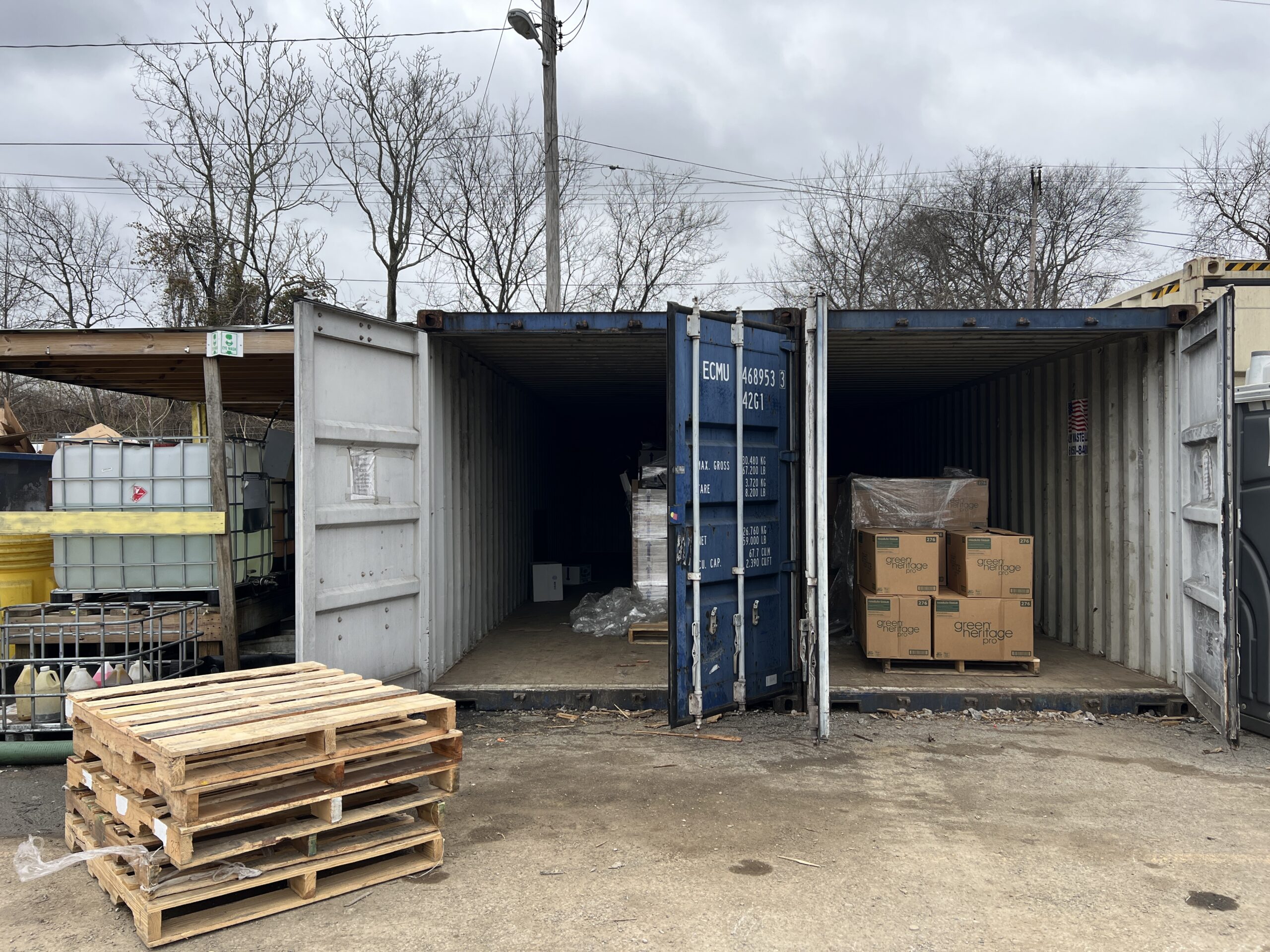
Storage Container Rentals in Catoosa County, Tennessee
Call today for a free quote (423) 719-5081
Storage Container
Fast, Easy, & 100% Free To Get Started
Decades of Expertise
With over 20 years of experience, our company is deeply rooted in the Catoosa County community. Our unwavering commitment to quality and customer satisfaction has made us a trusted name in storage solutions.
Unmatched Quality Service
Our dedication to quality shines through each storage solution we deliver. We consistently exceed expectations with robust, secure containers that adhere to the highest standards.
Fast and Efficient Delivery
Our team reliably delivers your storage container on time, every time. Enjoy efficient service that seamlessly aligns with your tight schedules.
Reliable Storage Container Solutions in Catoosa County
Call for a Free Quote Today
(423) 719-5081
Our locally-owned company offers dependable, reliable storage solutions tailored to meet the unique needs of Catoosa County and surrounding areas. Specializing in storage containers for events like construction sites, parties, festivals, and weddings, we are dedicated to providing a seamless and efficient service. With an emphasis on quality and customer satisfaction, our containers ensure that your belongings are kept secure and accessible. Our professional team is committed to helping you find the best solution for any occasion, whether it's a large public event or an intimate family gathering, enhancing the experience with innovative storage options.
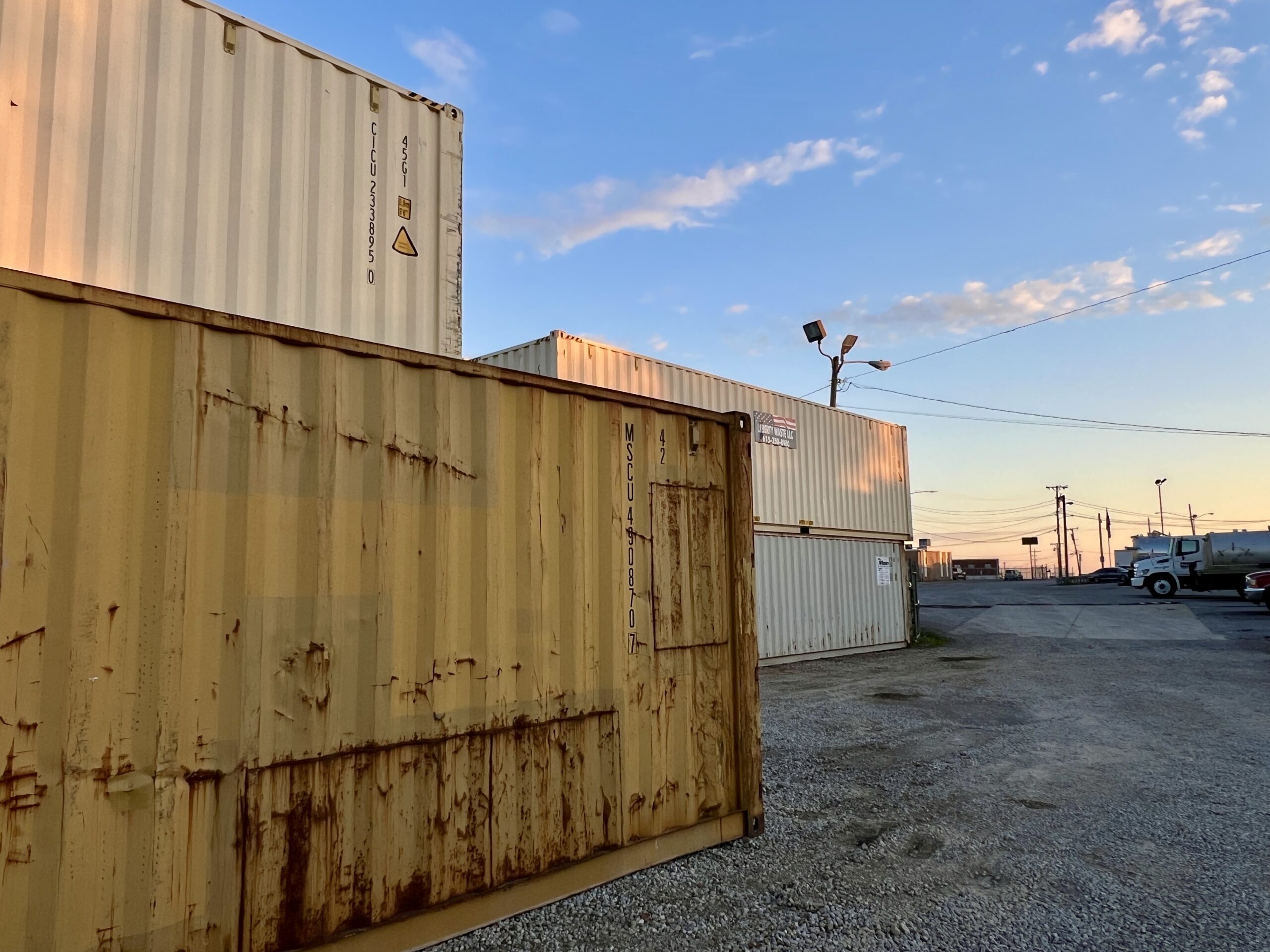
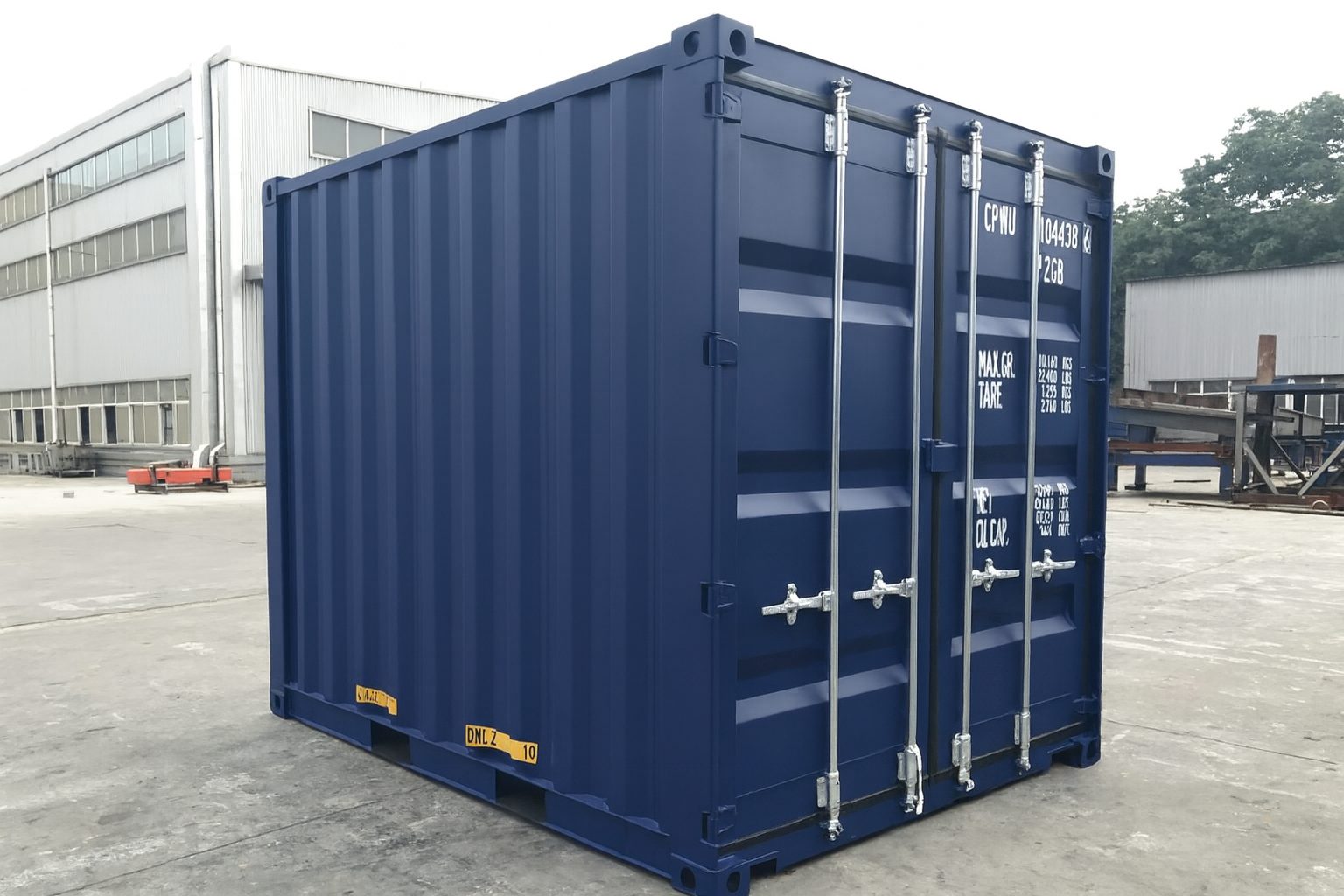
10-Foot Storage ContainerDimensions: 10′ × 8′ × 8′Capacity: ~640 ft³Perfect for small moves, dorm clean-outs, or seasonal overflow.
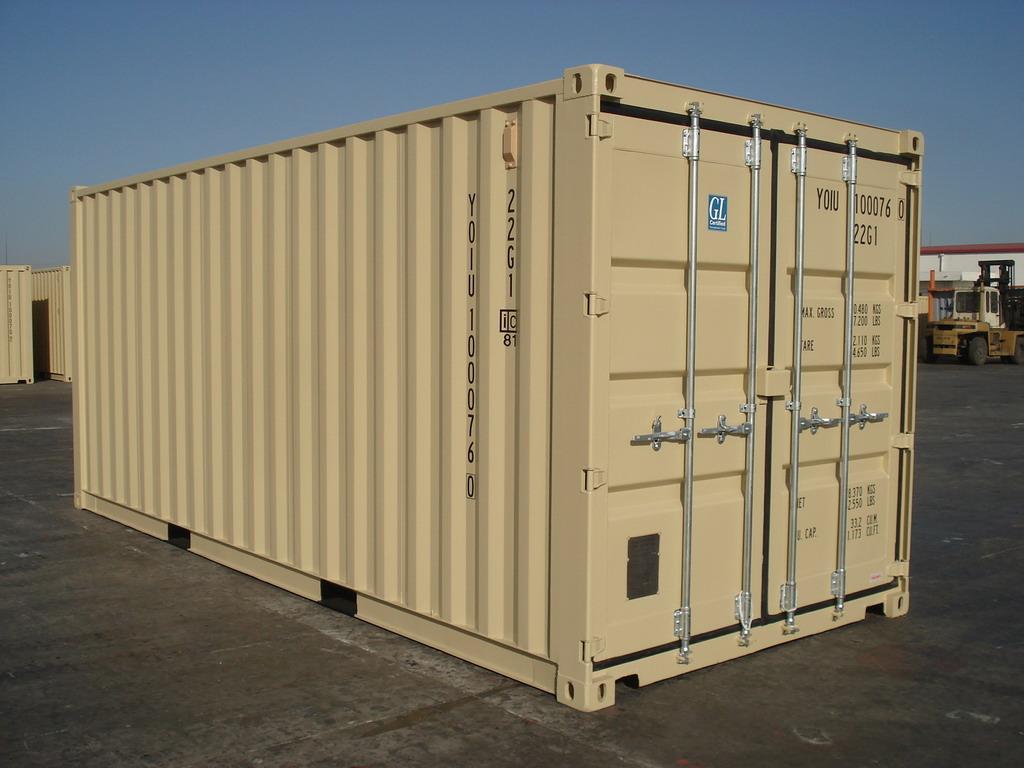
20-Foot Storage ContainerDimensions: 20′ × 8′ × 8′Capacity: ~1,360 ft³Ideal for apartment relocations or business inventory needs.
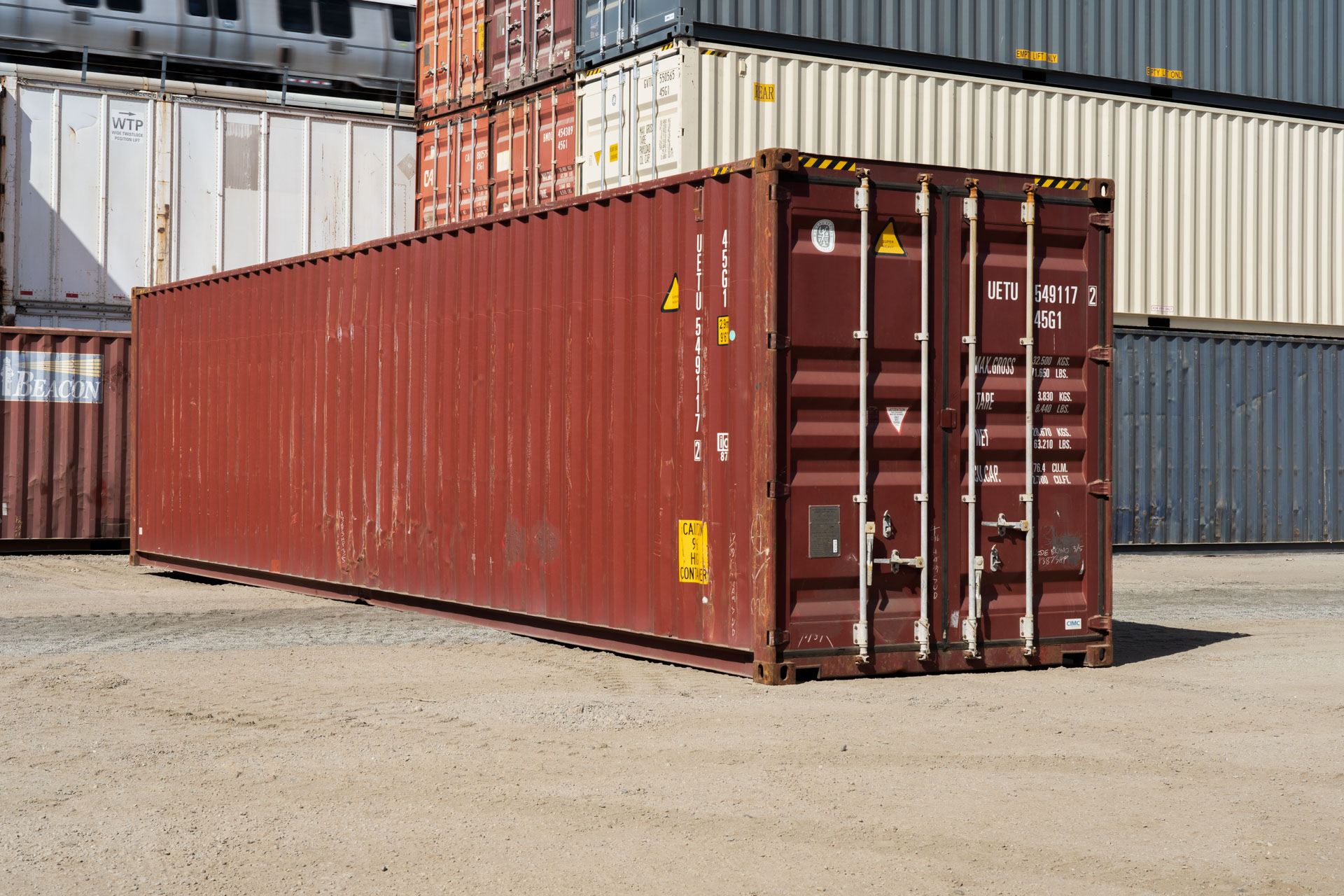
40-Foot Storage ContainerDimensions: 40′ × 8′ × 8′Capacity: ~2,720 ft³Suited for full-house moves, large equipment, or commercial warehousing.
We Proudly Serve
Standard Portable Toilets
Our Standard Portable Toilets offer clean, practical sanitation solutions for any event in Tennessee, provided by The Bolles Co.
High Rise Portable Toilets
High Rise Portable Toilets provide elevated sanitation solutions for construction and events in Catoosa County.
Restroom Trailers
Our Restroom Trailers offer luxury and convenience for any event in Catoosa County, proudly serviced by The Bolles Co.
Roll off Dumpsters
The Bolles Co provides reliable Roll off Dumpsters for clean and efficient waste management in Catoosa County.
Septic Tank Cleaning
Ensure a clean system with our expert Septic Tank Cleaning service across Tennessee, offered by The Bolles Co.
Grease Trap Cleaning
Our professional Grease Trap Cleaning service ensures efficient and safe operation for businesses in Catoosa County, Tennessee.
Fencing & Barricades
The Bolles Co offers reliable Fencing & Barricades services to secure your site efficiently in Tennessee.
Residential Storage
Our Residential Storage solutions provide safe and convenient options for households in Catoosa County, Tennessee.
Catoosa County Storage and More
Obtaining a quote and scheduling delivery for a storage container has never been easier. Our user-friendly process is designed with convenience in mind, ensuring you can quickly receive detailed pricing information and delivery options. Simply fill out our online form, and within minutes, you'll have access to an array of options tailored to your needs. Our expert team is available to assist you at every step, from the initial quote to final delivery. With flexible scheduling and personalized attention, we ensure your storage solution arrives at your desired location on time and with minimal fuss. Whether you need temporary storage for a home renovation or a long-term solution for business expansion, our range of containers offers the versatility you need. Experience the ease and reliability of our service, and enjoy peace of mind knowing that each container is secure, weather-resistant, and built to last. Trust us to provide a seamless and stress-free rental process, tailored just for you.
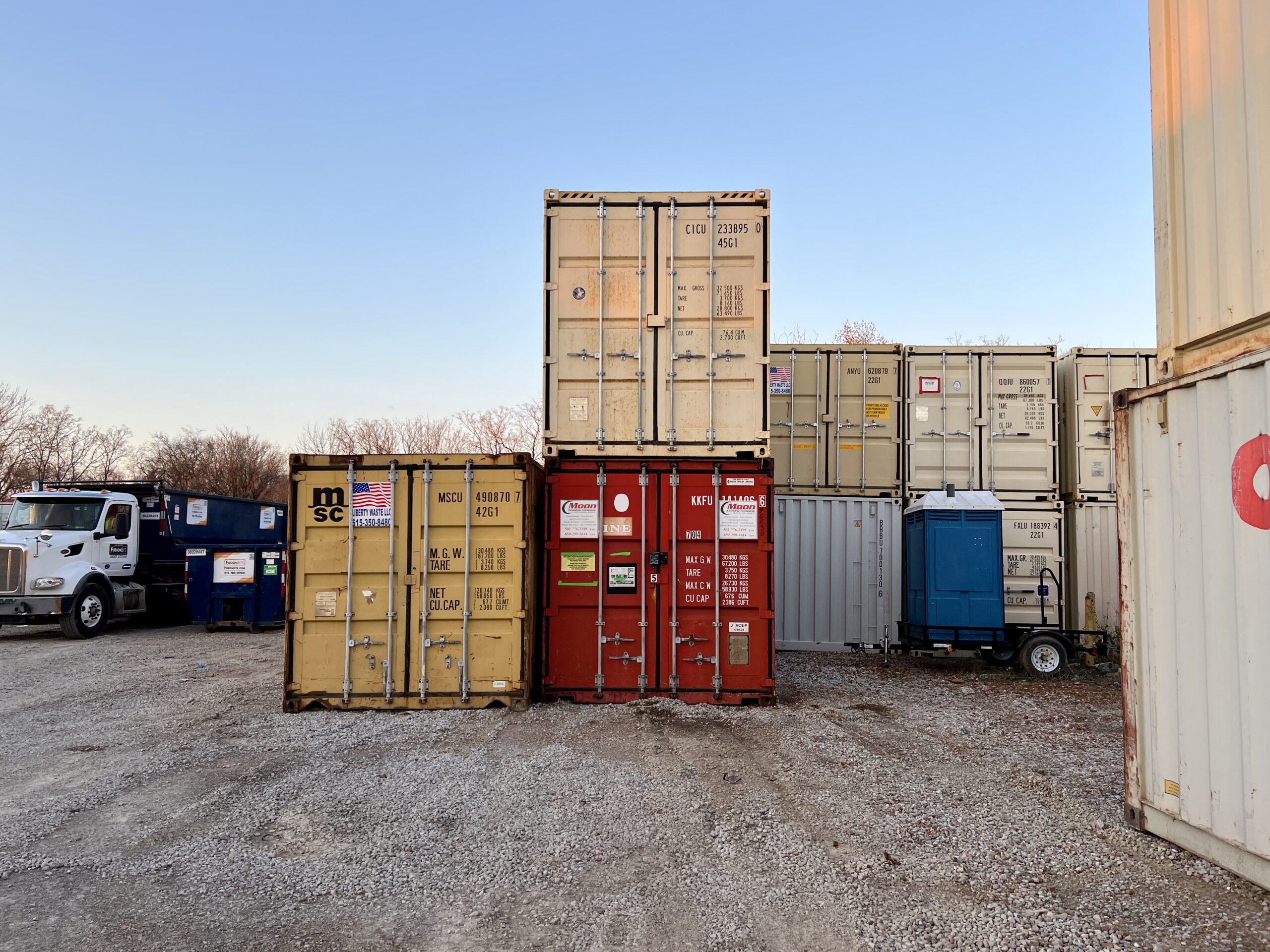
Discovering the local charm of Catoosa County is an invitation to experience the natural beauty and community spirit that defines our region. Our storage containers offer a unique blend of functionality and reliability, enhancing any event or project by providing secure and convenient solutions. Whether you're organizing a festival amidst the breathtaking landscapes of Chickamauga National Military Park or a community gathering during the annual Catoosa County Fair, our containers seamlessly integrate into your plans. With a focus on community events and outdoor attractions, our services are tailored to suit the vibrant needs of Catoosa County. Nestled near the serene natural scenery, our offerings ensure a top-notch experience for every occasion. From weddings to corporate functions, our storage containers provide the perfect complement to ensure everything runs smoothly. As a locally rooted company, we are proud to bridge the gap between tradition and innovation, offering clean, reliable, and adaptable storage solutions. Choose us to elevate your next event or project in Catoosa County, and discover the difference our commitment to quality makes.
Why we stand out in Catoosa County is a testament to our unwavering dedication to quality and customer satisfaction. With over two decades of service, we have cultivated strong community ties and established ourselves as leaders in the storage industry. Our containers are not only durable and secure, but they are also adaptable to a wide variety of needs, from residential to industrial applications.Emphasizing local appeal and tailored service, we genuinely understand the unique needs of Catoosa County residents and businesses. Our comprehensive options offer peace of mind and secure storage, whether you are hosting an event or tackling a construction project. Trust us to deliver outstanding service marked by professionalism and local expertise.
Fast, reliable storage solutions are the cornerstone of our service in Catoosa County. We prioritize efficiency without compromising on quality, ensuring that your storage needs are met swiftly and seamlessly. Our expert team is always on hand to provide rapid delivery solutions tailored to your schedule.We pride ourselves on our ability to adapt and respond quickly to the demands of our clients. Our storage containers are transported with precision and care, guaranteeing that they arrive at your location ready for immediate use. Count on us for dependable service that reflects our commitment to your satisfaction.
Explore Our Catoosa County Storage Containers
Renting a storage container in Catoosa County is a straightforward process designed to be as convenient and tailored as possible. To begin, visit our website and navigate to the rental page where you will find easy-to-access forms located both at the top and bottom of the page. These user-friendly forms require only basic information such as your first name, last name, phone number, and email. After filling out these details, submit your inquiry, and our team will promptly respond to guide you through the options available to best suit your needs. Additionally, our website features strategically placed 'Get A Quote' buttons, making it even easier to request pricing and service details as you browse. With just a click, you can access a comprehensive range of storage solutions and delivery options tailored to your situation. We pride ourselves on our ability to offer personalized service designed to accommodate diverse requirements, from short-term rentals for home projects to long-term storage solutions for business needs. Our experts are always on hand to provide guidance and support, ensuring that the rental process is seamless from start to finish. Opt for convenience and professionalism by choosing our trusted storage rental services.
The delivery timeframe for storage containers can vary based on several factors, including location, availability, and specific customer requirements. Typically, once an order is placed, our team works to ensure delivery occurs within 5 to 7 business days. However, we understand that every client's needs may differ, and thus, we strive to offer more expedited services where possible. For time-sensitive projects or urgent needs, our logistics team can arrange prioritized scheduling to accommodate your timeline effectively. During the ordering process, our support staff will confirm estimated delivery times and keep you updated with any changes, ensuring transparency and reliability throughout. Clients are encouraged to provide detailed information on their delivery preferences and any specific access restrictions, which enables us to prepare adequately and meet expectations efficiently. Working closely with our transportation partners, we aim to reduce waiting times and optimize delivery routes, guaranteeing that your storage containers arrive promptly and in excellent condition. Trust in our dedicated service to offer a smooth and well-coordinated delivery experience tailored to your project timeline and requirements.
Yes, we can service all types of events and construction needs with our versatile product range. Our offerings include luxury restroom trailers, traditional porta potties, roll-off dumpsters, fencing, barricades, holding tanks, ADA units, and portable sinks with hand sanitizer stations. We've successfully provided services for festivals, sporting events, weddings, corporate events, and family reunions, ensuring all guests enjoy a seamless experience. Our comprehensive solutions are designed to adapt to various environments, from small private gatherings to large public events, with a focus on maintaining high standards of cleanliness and reliability. Our team is adept at managing complex logistics and offers personalized solutions tailored to your specific requirements. With our extensive resources and commitment to quality service, you can rest assured that your event will run smoothly, and attendees will have uninterrupted access to the necessary facilities. Our reputation for excellence and customer satisfaction underscores our capability to service a wide range of events with top-tier professionalism.

